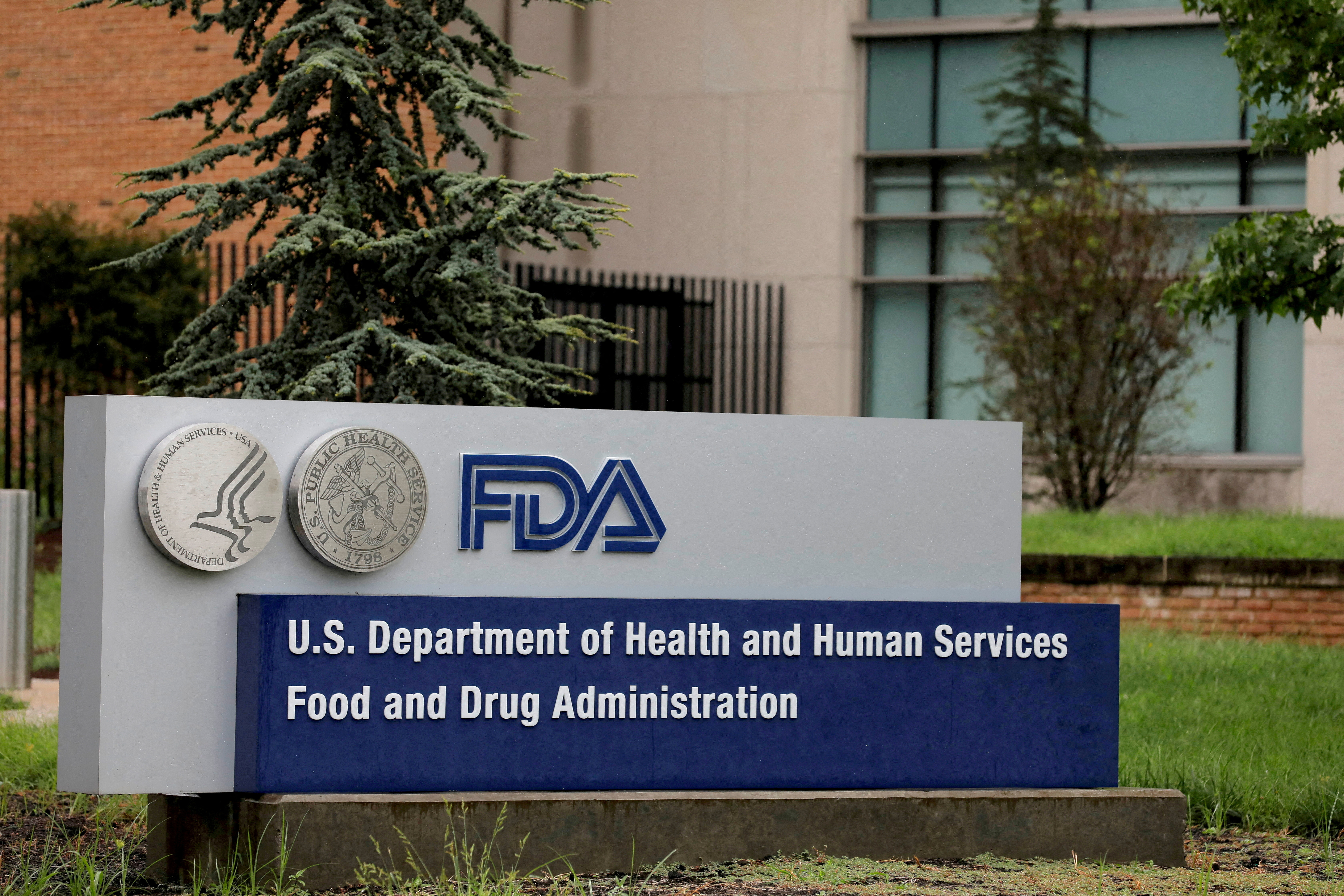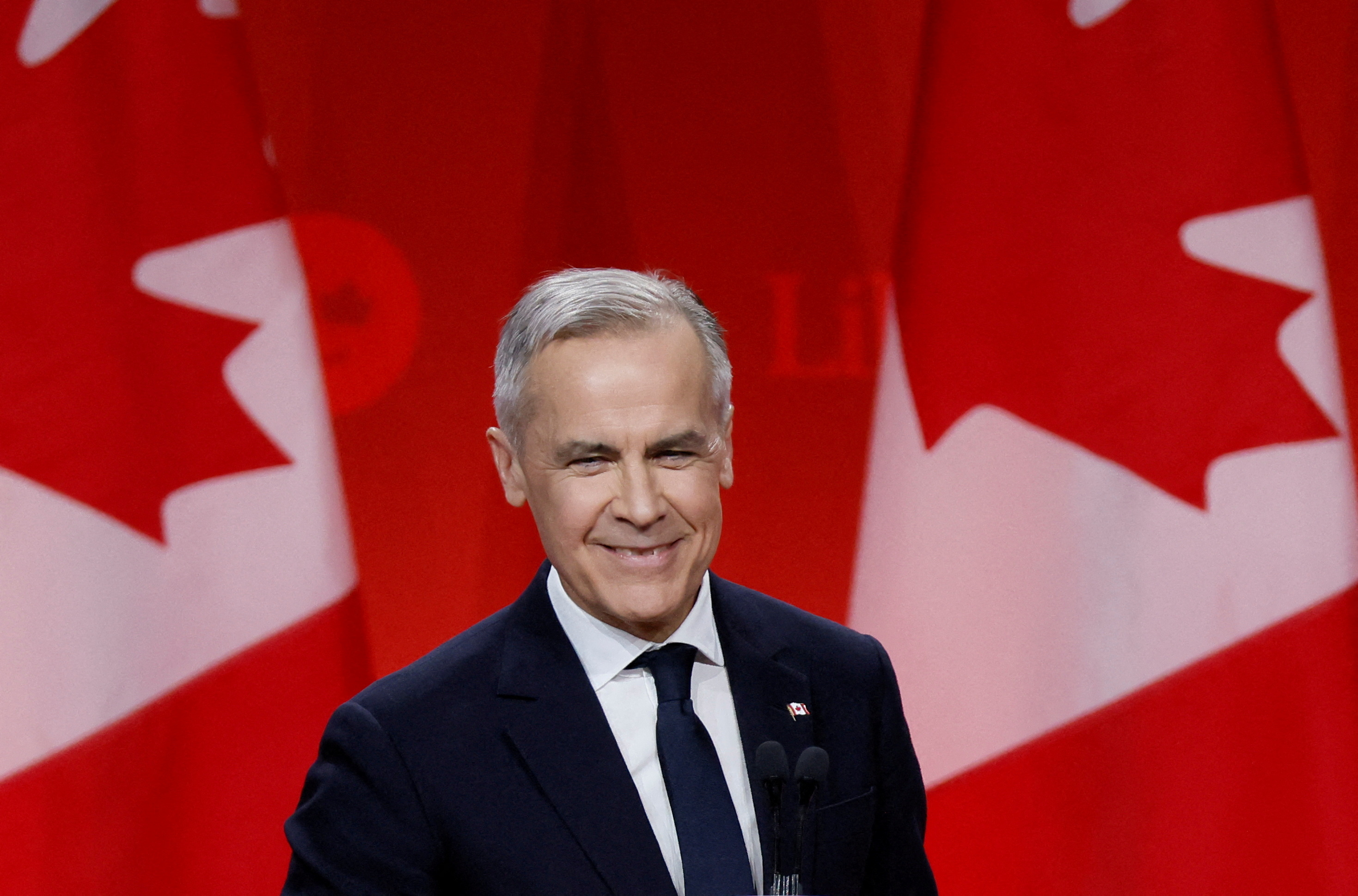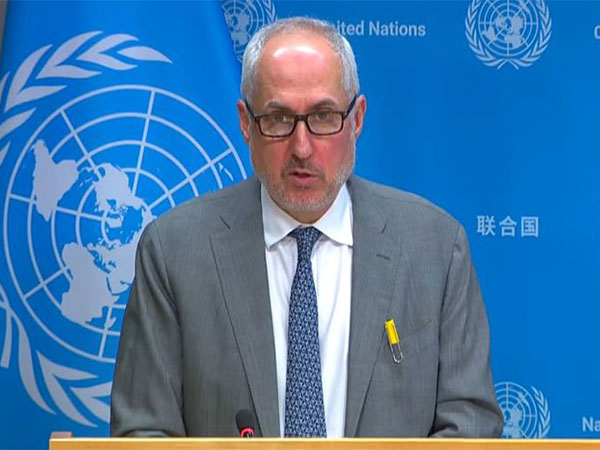WORLD NEWS

Shares of a Cleveland-based drugmaker surged 13% in premarket trading after the FDA approved its gene therapy, Zevaskyn, to treat recessive dystrophic epidermolysis bullosa (RDEB), a rare and debilitating skin disorder.
Recessive dystrophic epidermolysis bullosa is characterized by fragile skin that forms large, chronic wounds when exposed to minor trauma. The condition, caused by a defect in the COL7A1 gene, impairs the production of type VII collagen, which is crucial for the structural integrity of the skin. As a result, patients with RDEB suffer from blisters and tears all over their bodies, which can take years to heal and can lead to significant scarring.
The current standard of care for this disorder involves daily wound care and protective bandaging, but Zevaskyn, chemically known as pz-cel, provides a groundbreaking treatment option. The therapy works by adding healthy COL7A1 genes to the patient’s skin cells and then transplanting them back into the patient's body through a skin graft. This process promotes healing of the large and chronic wounds.
FDA approval of Zevaskyn was based on data from both early-to-mid-stage and late-stage studies, which demonstrated significant wound healing and pain reduction for patients receiving the therapy. The treatment is expected to be available in the third quarter of 2025 at specific treatment sites.
Zevaskyn joins Krystal Biotech’s Vyjuvek, another gene therapy approved in 2023, which treats smaller-sized wounds associated with RDEB. Vyjuvek generated $290.5 million in sales last year. Together, these therapies offer hope for better managing the disorder, potentially making it a chronic but livable condition.
Brett Kopelan, executive director at the nonprofit organization Debra of America, stated that using both therapies in tandem would provide more effective treatment, improving the quality of life for those affected by RDEB.
Jefferies analyst Maury Raycroft estimates that Zevaskyn could achieve peak sales of $427 million by 2034, with the treatment expected to be priced at $1.75 million per round.
The approval of Zevaskyn marks a significant milestone in the treatment of a disease that has long lacked effective therapies and offers new hope for patients with RDEB.




